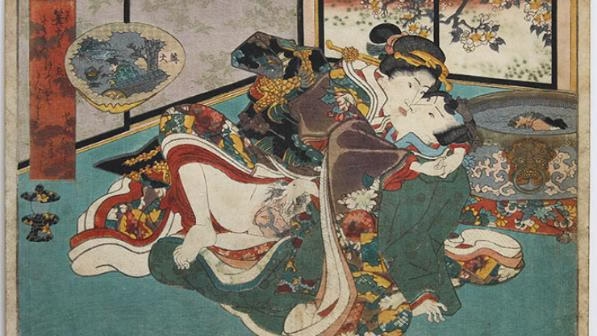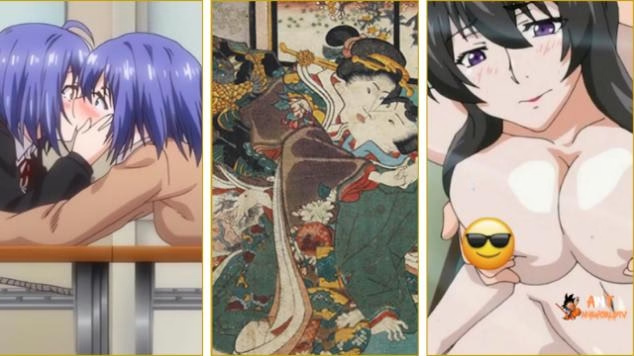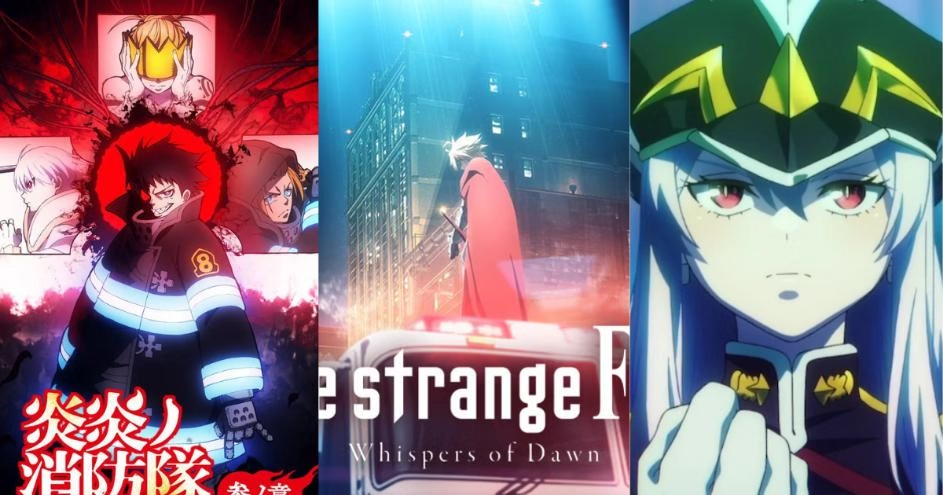Warning: Mature Content
Note:- This article is intended for readers aged 18 and above. It contains explicit language and references to adult content, including sexual imagery and themes. Reader discretion is advised
Introduction

Hello, anime fans Today, we are going to explore one of the biggest aspects of anime: hentai. In this article, we’ll delve into Hentai: a complex phenomenon, the roots of the factors influencing its popularity, its artistic techniques, ethical concerns, and the ongoing debate surrounding its role in anime culture.
As you know, anime is a vast and diverse medium known for its distinctive art style and broad range of storytelling. Within this spectrum lies a controversial subset known as anime porn, commonly referred to as hentai. Though this genre often sparks debates, it is important to understand its origins, cultural significance, and potential impact.
What Is Hentai?

Hentai, Refers to adult-oriented anime and manga featuring explicit sexual content. the term”hentai” “エロアニメ”, is derived from Japanese, translated to “perversion” or “abnormality”. Within anime and manga, it specifically denote adult content. However, its crucial to remember that hentai is only one small subset of anime, which spans genres from action to romance, adventure and beyond.
A Brief History Of Hentai

The roots of hentai can be traced to traditional Japanese erotic art, such as Shunga, Which dates back to the edo period (1603-1868). As manga and anime gained popularity in the 20th century, adult content naturally found its niche. in the digital age, hentai has become more accessible and recognized globally. however, its popularity is heavily influenced by cultural factors, such as Japan’s attitudes toward sexuality and fantasy.
Cultural Factors Behind Hentai’s Popularity
One reason for hentai’s continued appeal is Japan’s cultural relationship with sexuality and fantasy. unlike many western societies, where sexuality can be a taboo subject, Japan’s entertainment industry often blends sexual themes into both mainstream and niche content.
In Japan, hentai serves as both a form of entertainment and escapism, allowing viewers to explore exaggerated fantasies that they might not encounter in reality. Additionally, hentai caters to a wide range of preferences, often incorporating elements of humor, romance, and surrealism. these characteristics make it appealing to a divers audience, both in japan and internationally.
Artistic Techniques in Hentai
From an artistic perspective, hentai employs many of the same techniques as mainstreams anime, the exaggerated and stylized of anime art lends itself to portraying sexuality in a highly viusla, sometimes fantastical, manner. character designs are often idealized, featuring exaggerated proportions and heightened expressions.
some hentai works are noted for their detailed animation, intricate backgrounds, and creative use of color and lighting, making them artistically comparable to non-explicit anime. However, the idealization and stylization of characters, particularly women, in hentai has drawn criticism. The portrayal of characters with exaggerated features and submissive behavior can contribute to objectification and the perpetuation of harmful stereotypes.
Ethical Considerations and Potential Harms
while hentai can be viewed as a form of artistic expression and fantasy, it also raises ethical concerns, especially regarding the depiction of characters. One significant criticism is the objectification of women, who are often depicted in ways that reinforce traditional gender roles or unrealistic expectations.
These Depictions can contribute to the normalization of viewing women through a lens of submission and sexualization, raising concerns about the impact on viewers’ perceptions of gender and relationships. Another concern is the risk of hentai desensitizing viewers to explicit content. Like other forms of adult media, prolonged exposure to highly sexualized content can lead to desensitization, where viewers become less sensitive to sexual stimuli over time.
This could affect how individuals perceive intimacy, relationships, and boundaries in the real world. furthermore, hentai may contribute to the reinforcement of harmful stereotypes, particularly around sexual violence or consent, which could be problematic if consumed without a critical understanding of the difference between fantasy and reality.
Counterarguments : Defending Hentai As A genre
Despite these concerns, proponents of hentai argue that it is a form of escapism that allows adults to explore fantasy in a safe and controlled environment. Many emphasize that the exaggerated and unrealistic nature of hentai ensures that viewers can separate fantasy from reality. For some , hentai is simply a genre of adult entertainment, no different form the wide range of content available in other mediums.
Additionally, defenders of the genre often point out that all hentai contain harmful stereotypes or violent content. just like other forms of anime, hentai spans a wide array of subgenres, with some focused more on consensual relationships, humor, or lighthearted romance, rather than extreme or problematic depictions.
Balancing The Debate: Potential Harms vs Creative Freedom
The debate surrounding hentai highlights the tension between creative freedom and the potential for negative consequences. while some argue that hentai serves as harmless entertainment for adults, others contend that it can perpetuate harmful attitudes. As with all forms of adult entertainment, context, and critical thinking are essential when consuming or discussing hentai.
Conclusion
While Hentai is a niche genre within the broader world of anime, it continues to evoke both intrigue and controversy. its artistic technique, cultural significance, and ethical implications offer much to discuss. understanding hentai requires acknowledging its place within anime culture while critically engaging with the concerns it raises.
Ultimately, Whether you are a fan or critic, it’s essential to approach the topic with an open mind and a nuanced perspective. if you’re curious about other anime genres or looking for recommendations that fit your taste, explore our website for curated lists that cater to all types of anime fans.
Subscribe to our newsletter!
- Must Watch This If You’re in Your 20s or 30s: “The Dream Life of Mr. Kim” K-Drama Review
- Anime News Update #5: One Piece Joy Boy Casting, New Godzilla Anime, Slime Side Story, Golden Kamuy Final Arc & More Big Reveals
- Anime news Update #4: New WEBTOON Series, Godzilla Anime Reveal, Fist of the North Star Video & More
- Anime news Update #3: Biggest Anime Announcements & New Reveals of the Week
- Why This New Series Deserves the Title ‘Best Japanese Drama 2025’, Action-Packed, Flawless & Must-Watch












